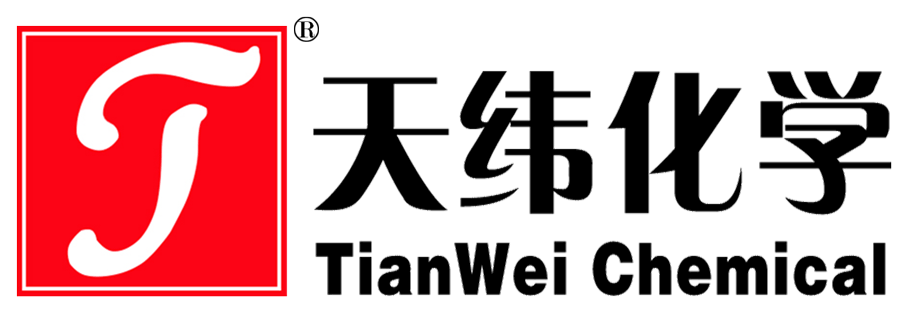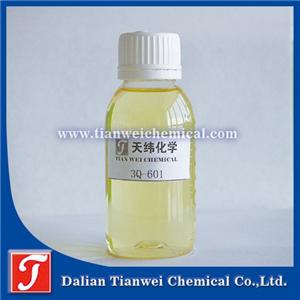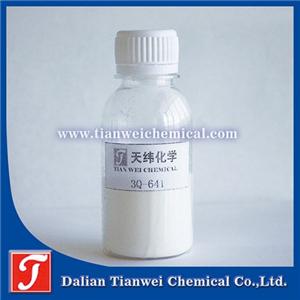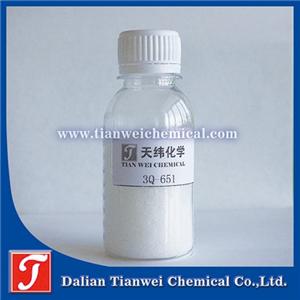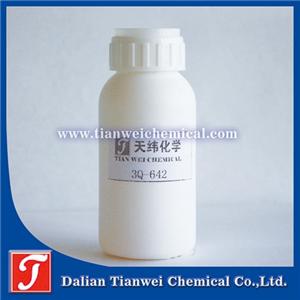The bactericidal mechanism of isothiazolinone is based on its unique molecular structure.
In the field of industrial anti-corrosion, traditional preservatives such as formaldehyde releasers and phenolic compounds are gradually being replaced by new technologies due to their toxicity risks and environmental burdens. Isothiazolinone, as a new generation of broad-spectrum fungicide, has become the core solution to replace traditional preservatives due to its high efficiency, low toxicity and environmental friendliness. Dalian Tianwei Chemical Co., Ltd. has deeply integrated the bactericidal efficacy of isothiazolinone with industrial demands through technological innovation, promoting the development of the industry towards a safer and more sustainable direction.
Technical core: Targeted destruction of microbial DNA
The bactericidal mechanism of isothiazolinone is based on its unique molecular structure. This compound forms covalent bonds with the DNA bases within microbial cells through the active chlorine and sulfur atoms on the heterocyclic rings, directly disrupting the double helix structure of DNA and preventing microorganisms from replicating genetic material. This "irreversible inhibition" mechanism enables isothiazolinone to achieve a killing rate of over 99.9% for bacteria, fungi, algae and other microorganisms, and the effect can be seen within just a few minutes. For instance, in the papermaking industry, the isothiazolinone product of Dalian Tianwei Chemical can inhibit the reproduction of sulfate-reducing bacteria in the pulp and prevent the corrosion of equipment by hydrogen sulfide produced by microbial metabolism.
Industry applications: Breakthrough Practices from Coatings to oil fields
Case 1: Anti-corrosion Upgrade in the water-based Coatings Industry
The high-weather-resistant exterior latex paint developed by a certain international coatings enterprise needs to maintain its performance for a long time in a high-temperature and high-humidity environment. Traditional preservatives such as Kathon (a compound of MIT/CIT) are prone to decomposition, which can cause mold in the coating. However, after using the isothiazolinone from Dalian Tianwei Chemical, the addition amount of 0.2% is achieved:
Broad-spectrum antibacterial: The inhibition rate against mold and yeast has been increased to 99.5%, preventing the coating from efflorescence and mold growth.
Weather resistance breakthrough: After 80℃ hot storage test, the active ingredients do not decompose, and the outdoor measured lifespan is extended to 15 years.
Environmental friendliness: Free of formaldehyde and heavy metals, meeting FSC certification requirements.
Case 2: Microbial Control of Oilfield Water Injection System
The pipeline corrosion of the injection well in a certain offshore oilfield was caused by the growth of sulfate-reducing bacteria (SRB), and the pump inspection cycle was only 6 months. After switching to the compound agent of isothiazolinone and quaternary ammonium salt from Dalian Tianwei Chemical Co., LTD. :
Deep sterilization: The killing rate of SRB and iron bacteria is over 99.9%, and the formation of biofilms is inhibited.
Salt tolerance: The retention rate of activity in 15% NaCl brine is >90%, and it is suitable for seawater reinjection.
Economy: The pump inspection cycle has been extended to 18 months, increasing the annual crude oil production by 12,000 tons.
Safety advantages: Low toxicity and environmental compatibility
The acute toxicity of isothiazolinone (LD50>5000 mg/kg) is much lower than that of traditional preservatives such as benzimidazole (LD50=100-500 mg/kg), and its degradation products are mainly carbon dioxide and water, with BOD/COD>0.3, which complies with regulations such as REACH and FDA. Dalian Tianwei Chemical Co., Ltd. has designed the molecular structure to make its products resistant to acids and alkalis (pH 2-12) and temperatures (-20℃ to 120℃), and can be used in combination with oxidizing fungicides such as chlorine, avoiding the risk of failure caused by poor compatibility of traditional preservatives.
Future Outlook: The potential of emerging fields
With the rise of industries such as bio-based materials and electrolytes for new energy batteries, the bactericidal efficacy of isothiazolinone is being further developed. For instance, in the electrolyte of lithium-ion batteries, isothiazolinone can inhibit the corrosion of electrodes by acidic substances produced by microbial metabolism, thereby extending the battery's lifespan. Production enterprises such as Dalian Tianwei Chemical Co., Ltd. are promoting the application of isothiazolinone in more high-value-added fields through technological innovation.
